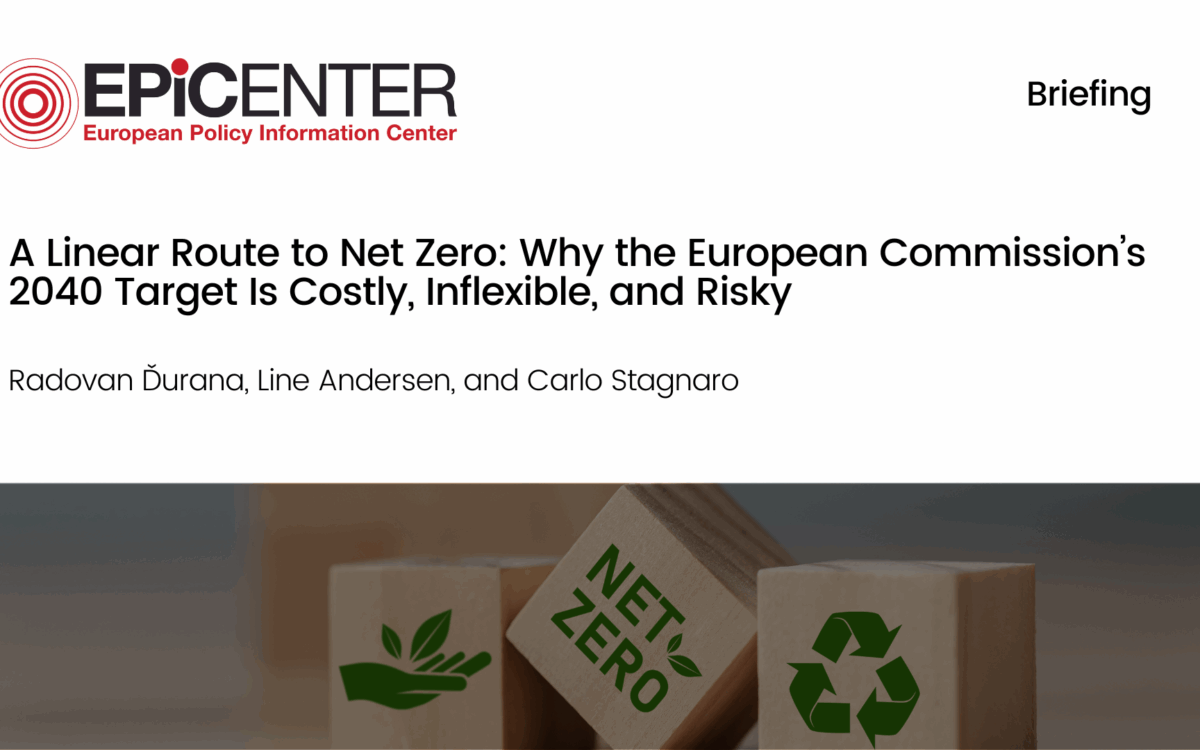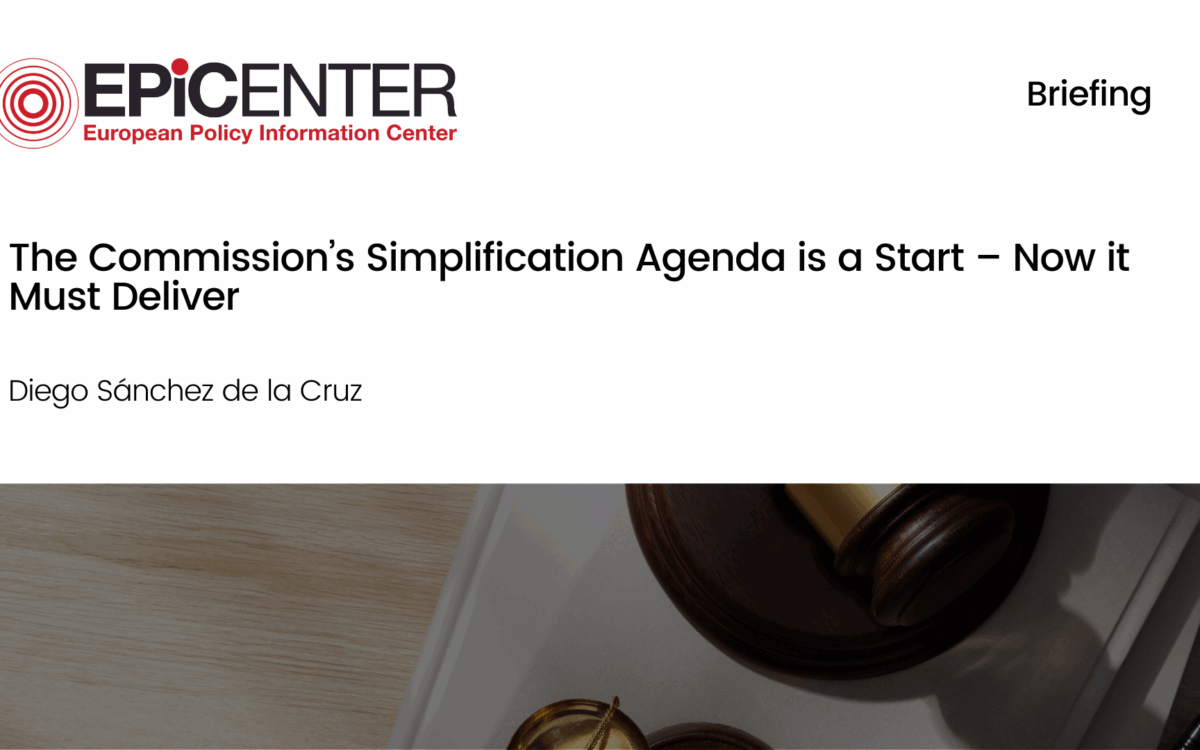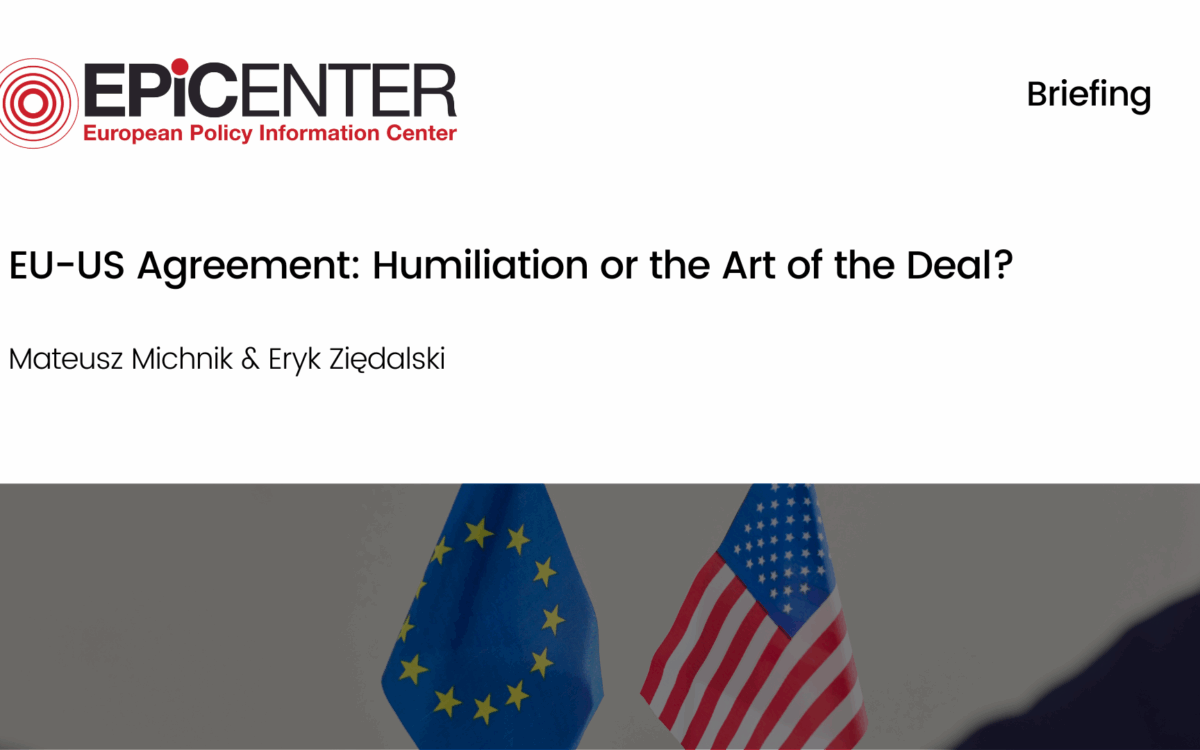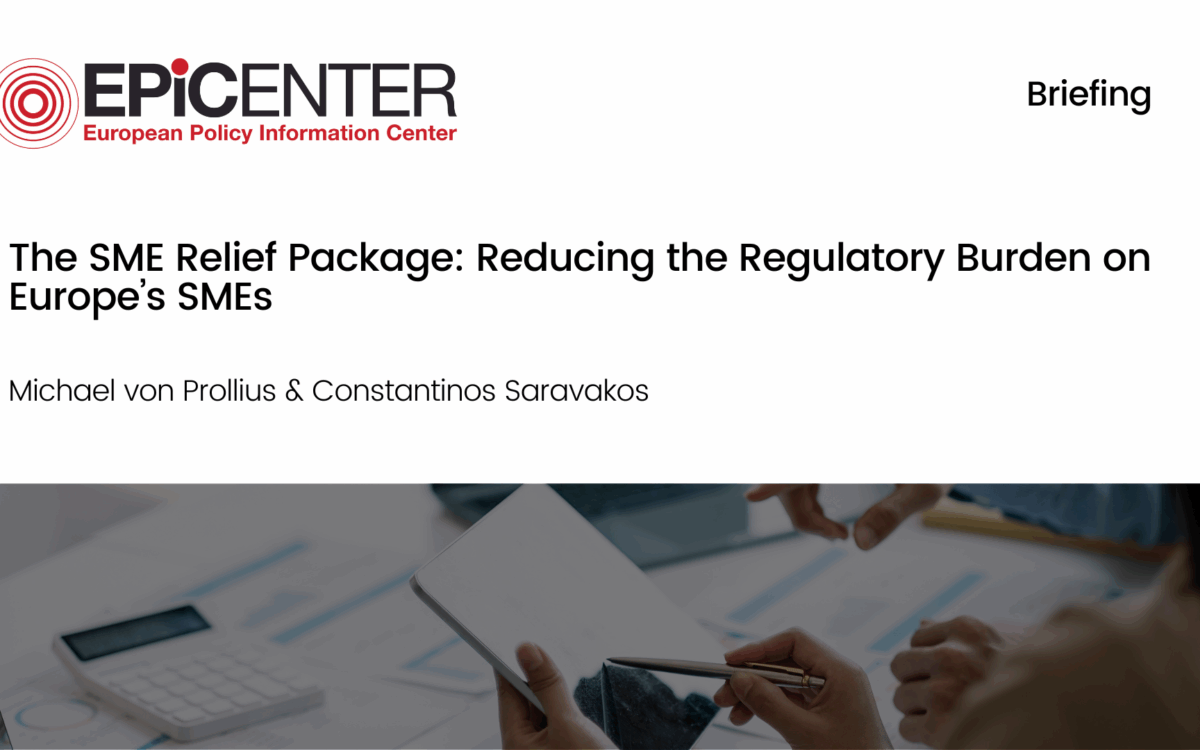Europe’s TechReg Paradox: Deregulating with One Hand, Re-regulating with the Other
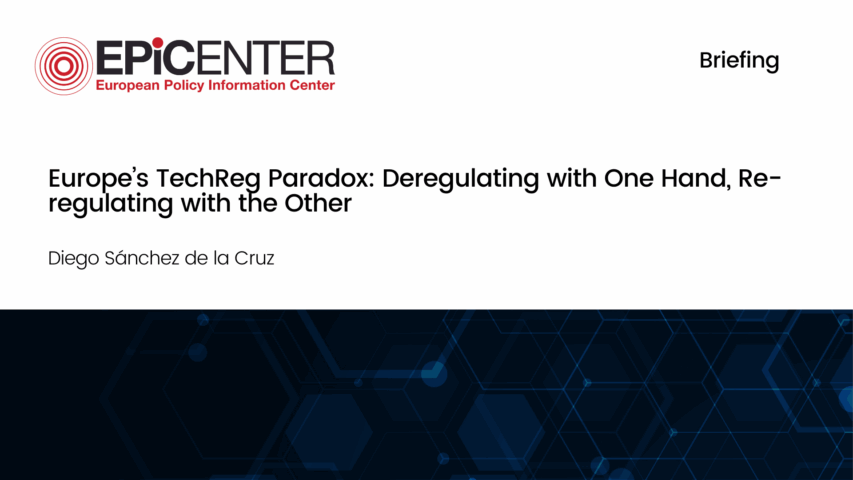
Europe’s TechReg Paradox: Deregulating with One Hand, Re-regulating with the Other
Diego Sánchez de la Cruz // 09 July 2025
Europe’s ambition to lead in emerging technologies is being held back by a fragmented and risk-averse regulatory culture. Despite repeated promises to reduce red tape, EU institutions continue to introduce overlapping digital laws that place a heavy compliance burden on startups, reinforce incumbent advantages, and discourage innovation. Flagship regulations such as the GDPR and the forthcoming AI Act are well-intentioned but disproportionately affect smaller firms, making it harder for them to scale and compete.
Over the past decade, nearly 100 new tech-related laws and more than 270 regulatory bodies have emerged across the EU, creating a patchwork of inconsistent rules and enforcement practices. This incoherence, where deregulatory efforts are regularly undermined by new legislation, has made it difficult for innovative firms to thrive within the Single Market. Without a coherent strategy, Europe risks falling further behind the US and Asia in digital competitiveness.
The main conclusions of the report are:
-
Europe’s tech sector is hindered by excessive regulation, fragmented oversight, and a precautionary approach that stifles innovation and investment.
-
The GDPR and AI Act place significant compliance costs on businesses, especially startups, while larger firms are better able to absorb these costs, leading to greater market concentration.
-
Regulatory fragmentation and legal uncertainty have contributed to a decline in venture capital activity, fewer app launches, and the relocation of European tech firms to more innovation-friendly environments.
-
While policymakers have pledged to cut bureaucracy, they continue to introduce new digital laws such as the Digital Fairness Act and the Digital Networks Act, which add further complexity.
-
International examples, particularly from Canada, show that comprehensive deregulation can support growth, improve productivity, and reduce unnecessary compliance burdens.
-
Europe should adopt smarter tools such as regulatory sandboxes, sunset clauses, and innovation impact assessments to ensure that new rules support rather than hinder technological progress.
-
A clearer and more coordinated regulatory framework, supported by strong political leadership, is essential to unlock the EU’s entrepreneurial potential and restore its competitiveness in the global digital economy.
Download or share this publication
View the PDF
EPICENTER publications and contributions from our member think tanks are designed to promote the discussion of economic issues and the role of markets in solving economic and social problems. As with all EPICENTER publications, the views expressed here are those of the author and not EPICENTER or its member think tanks (which have no corporate view).
